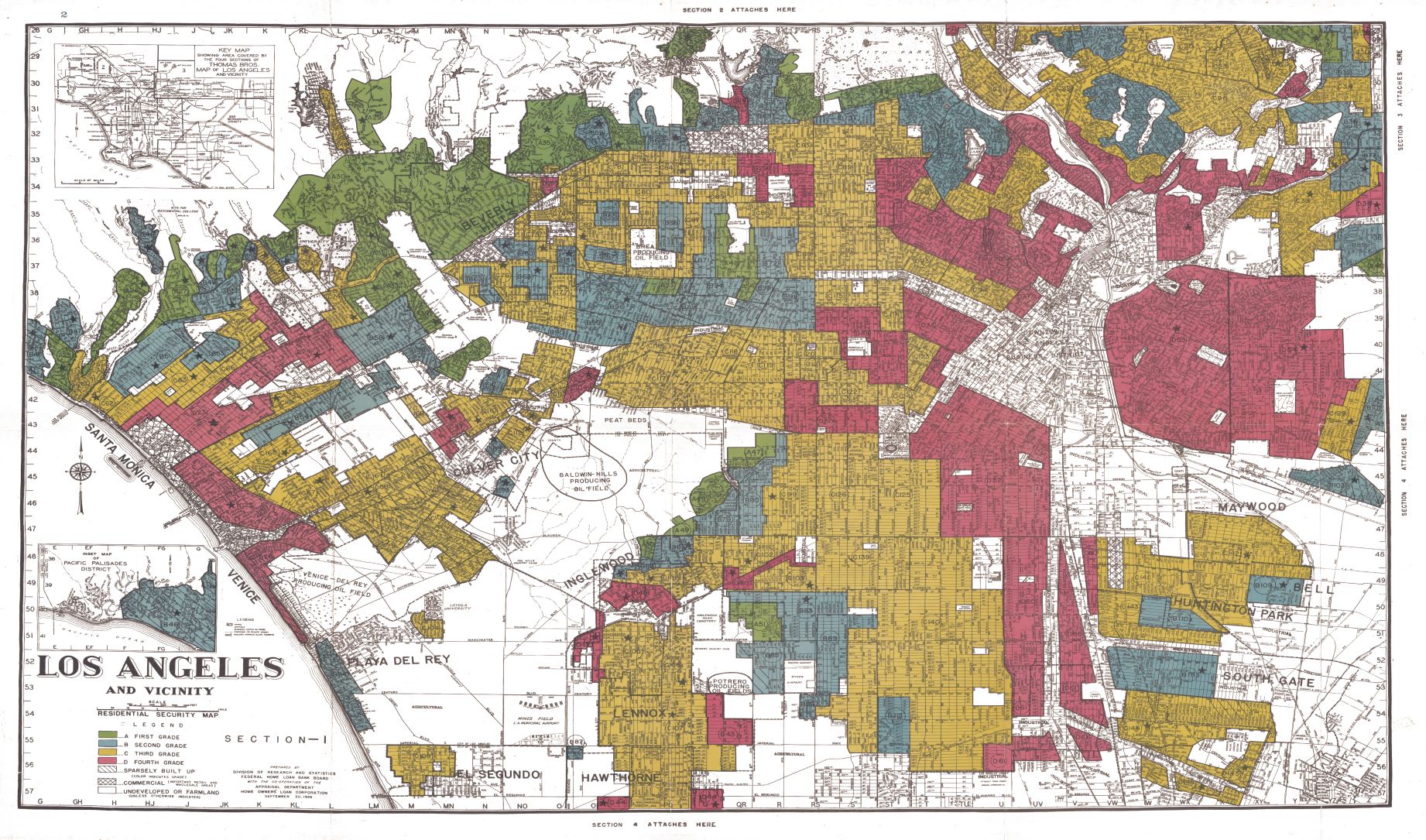Law as a Determinant of Police Violence
Improving the health of local communities involves rethinking the laws that govern how police interact with the people they serve.
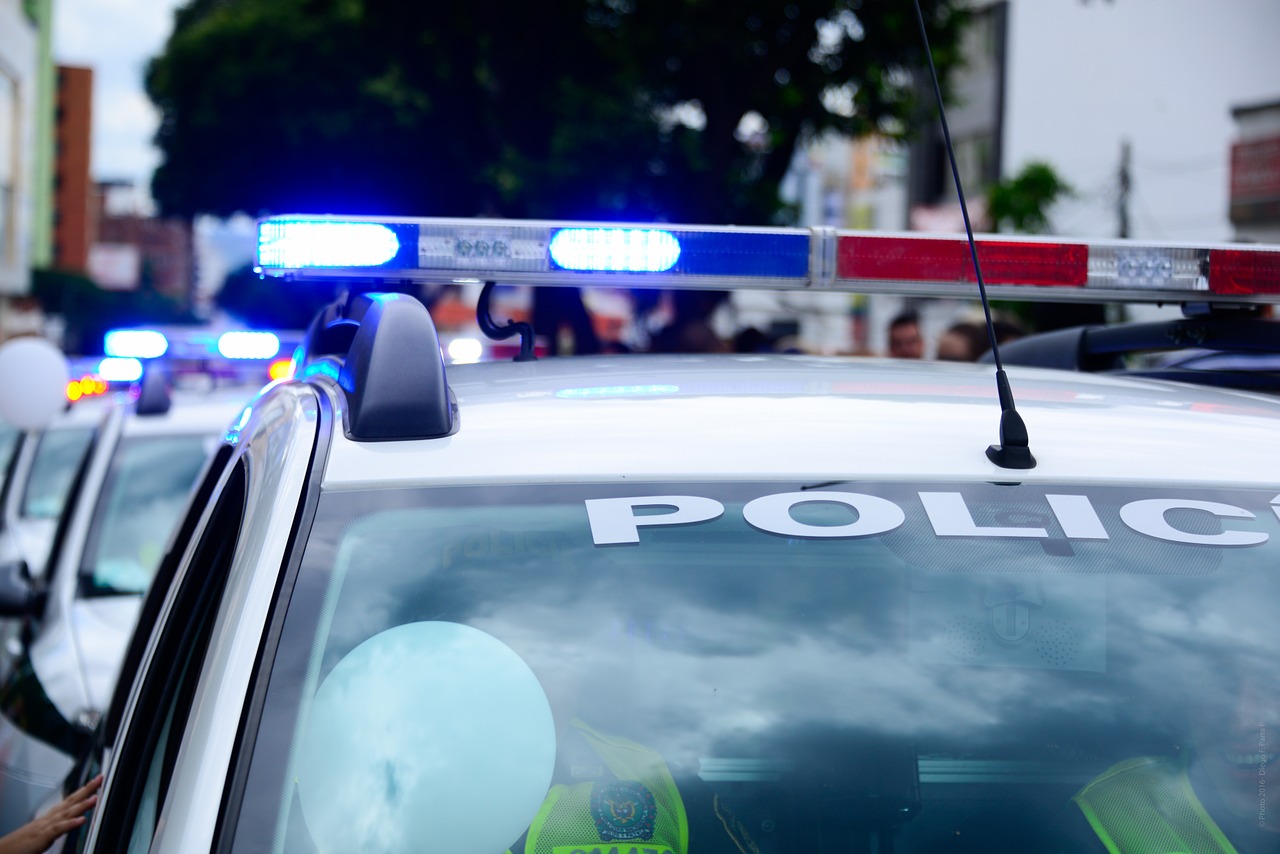
Improving the health of local communities involves rethinking the laws that govern how police interact with the people they serve.

Among the most salient lessons to be learned from the coronavirus pandemic is that justice is just plain good for America’s health.
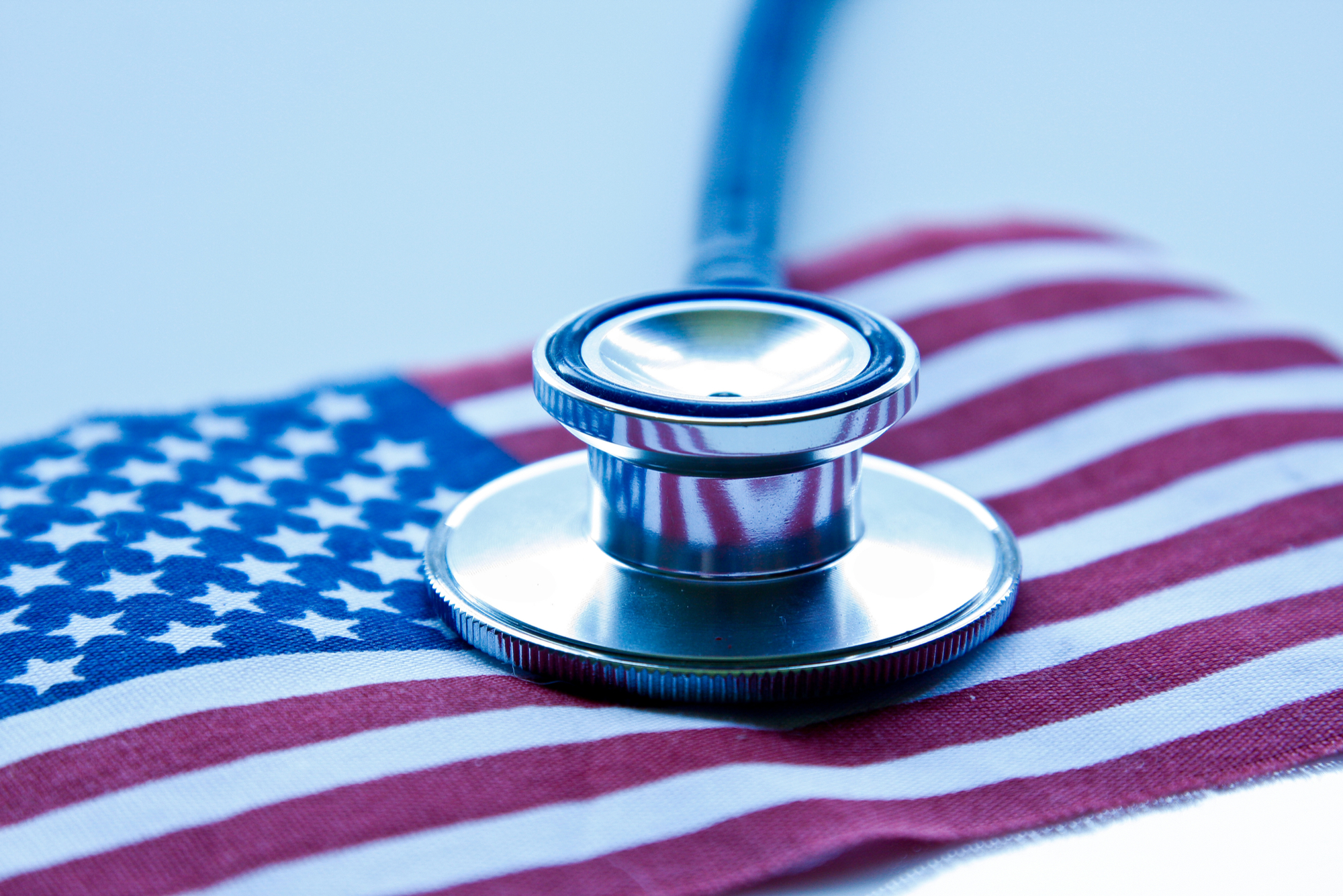
About 1.5 million Black men are missing from daily life because of health challenges, economic instability, and over-policing.
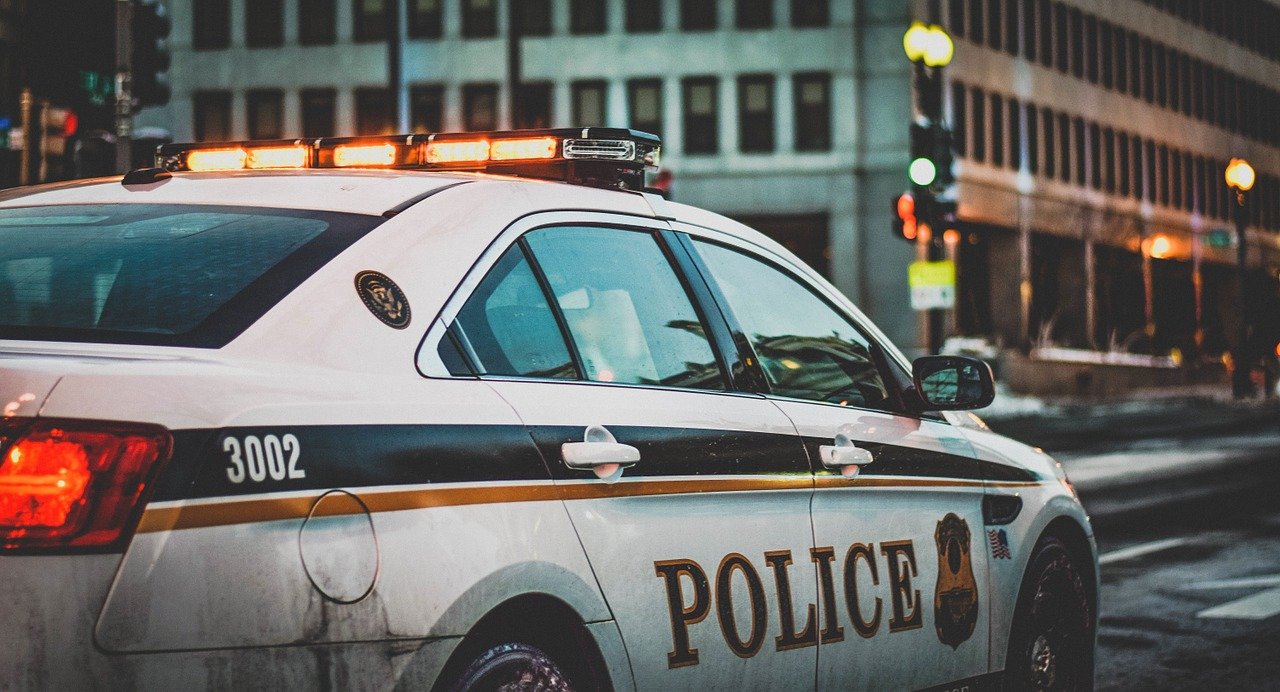
Existing forms of racism or subordination may shape the design of social interventions and impact of risk targeting in harmful ways.

Racism has repeatedly stymied progress toward the good governance of necessities. Anti-racism, therefore, must be at the core of any solution.
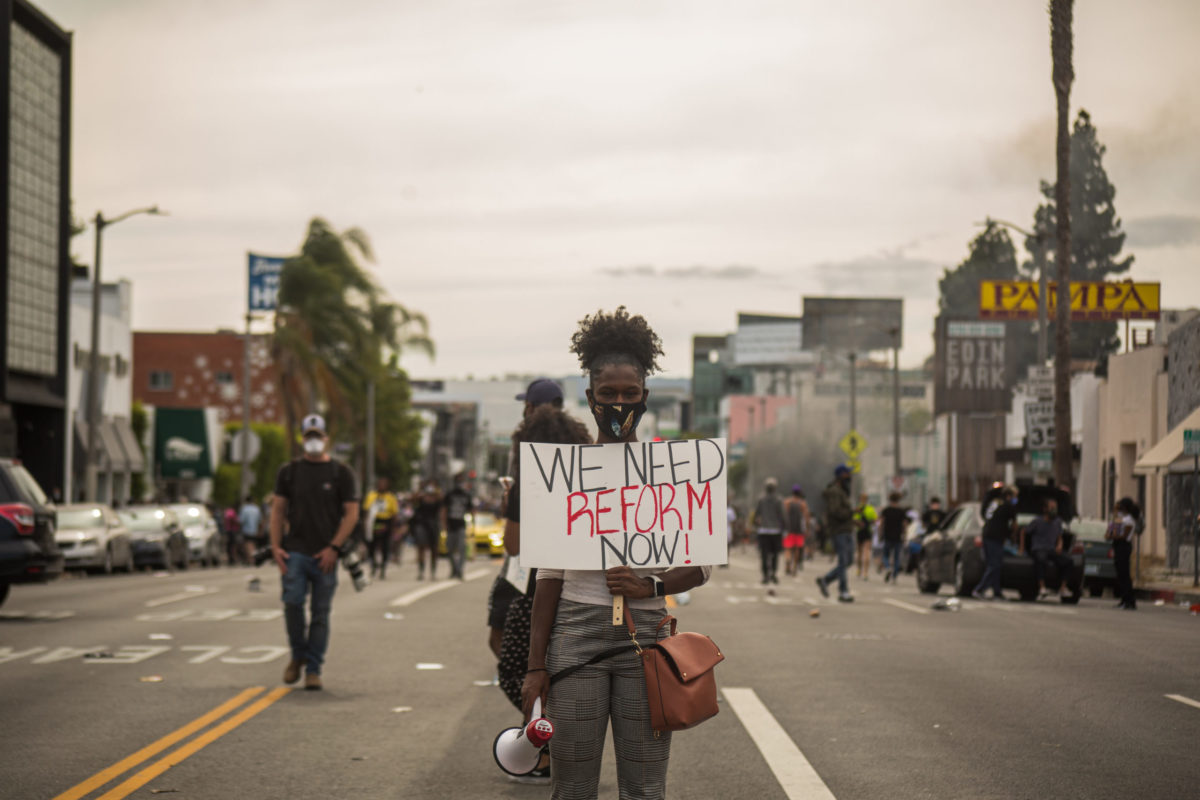
The 340B program, which provides discount drugs to safety-net hospitals, faces an uncertain future due to increased demand spurred by the COVID-19 pandemic.

BIPOC are either subject to hypervisibility, or medical erasure, where their medical needs are left unaddressed and ignored.
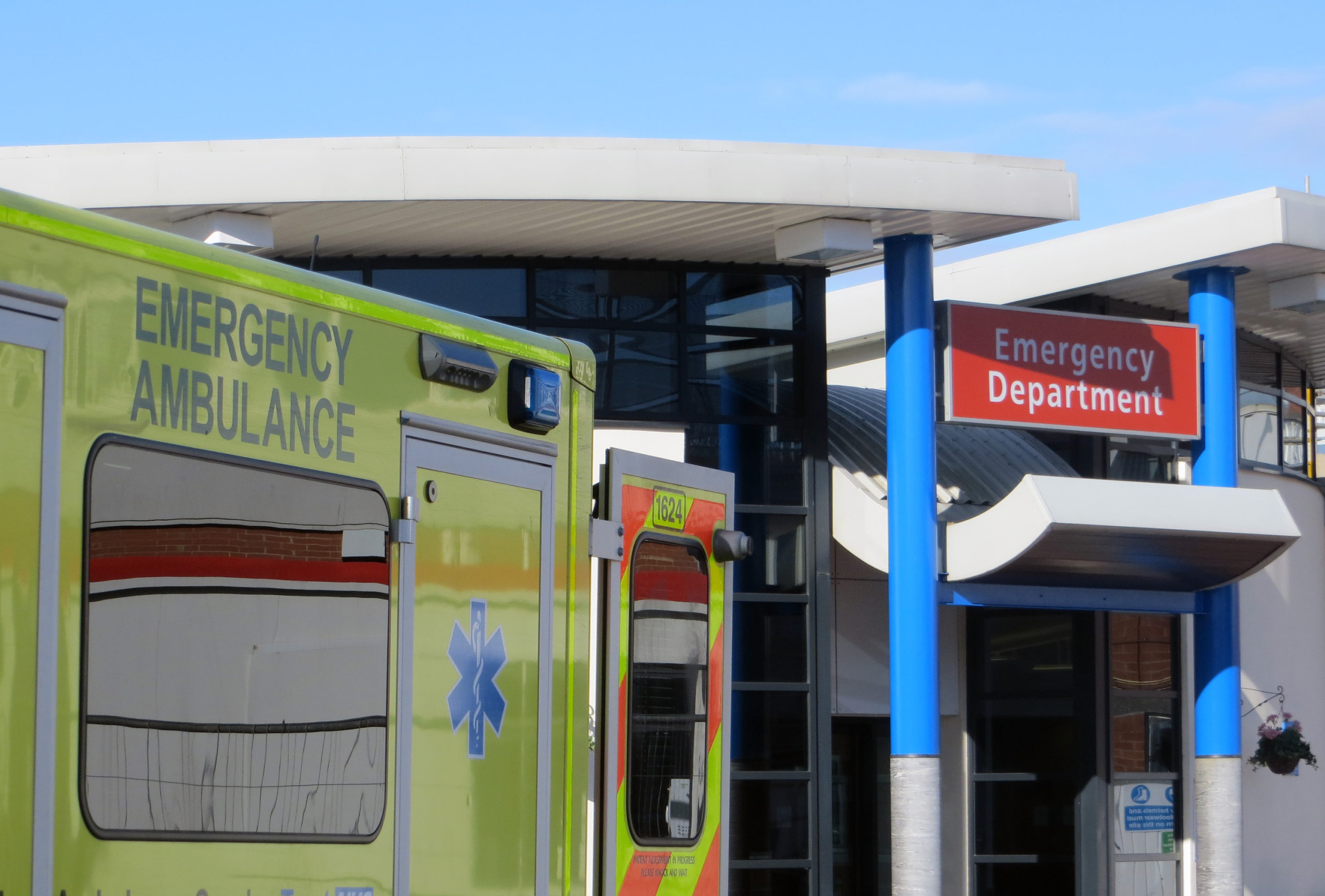
The COVID-19 pandemic has highlighted the tradeoffs at stake for Black, Indigenous, and people of color (BIPOC) seeking reliable health advice.

Too often, policies and practices in schools that create and compound health inequities are narrated as falling outside health law and policy.
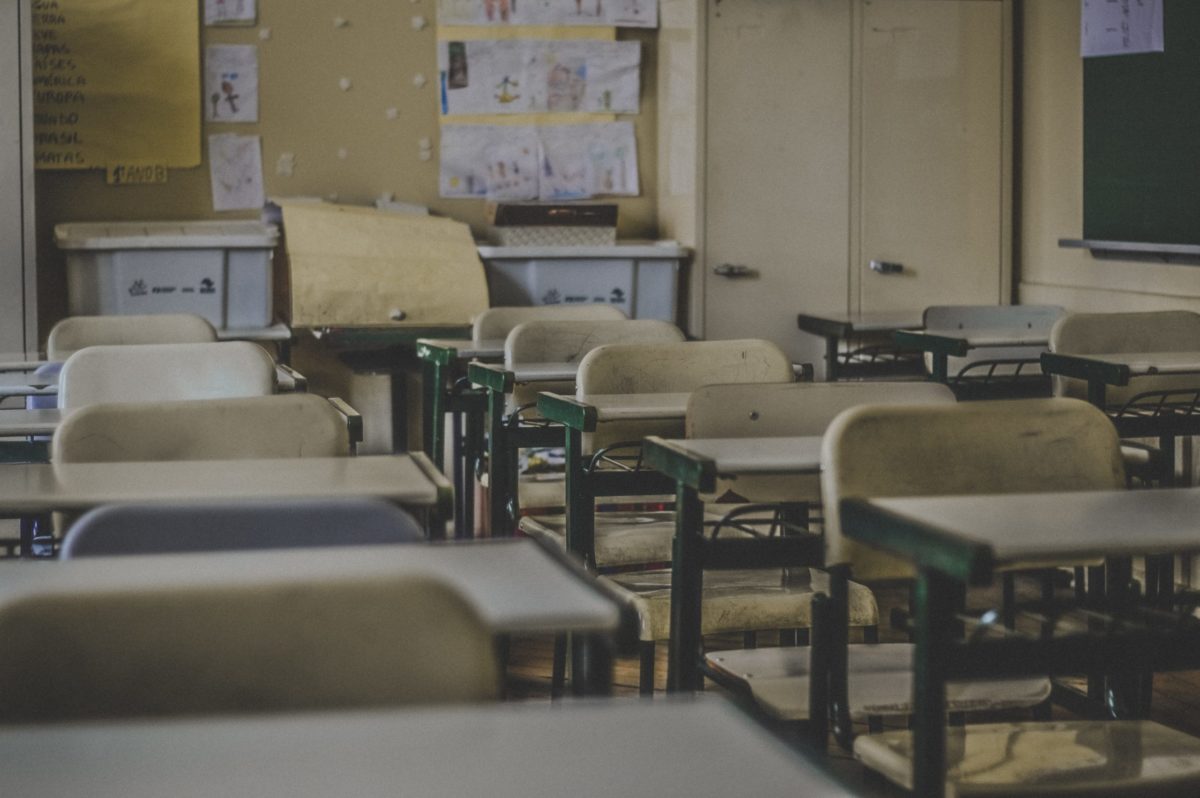
Social, economic, and environmental factors account for the vast majority of health outcomes. And housing encompasses many of these factors.
